Top 10 facts about sharks
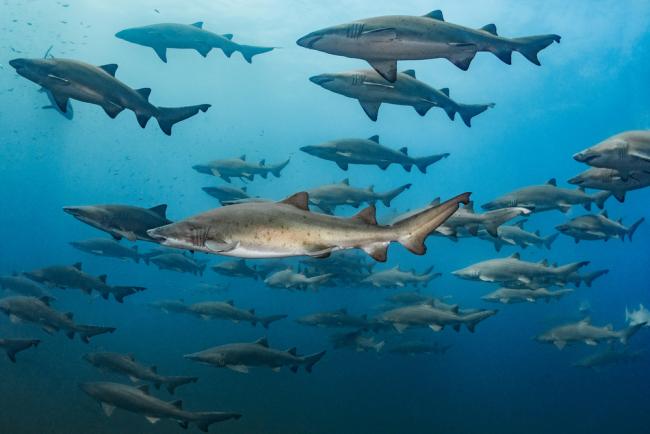
1. There are over 500 species of shark
143 of these are under threat, listed by IUCN from vulnerable to critically endangered.
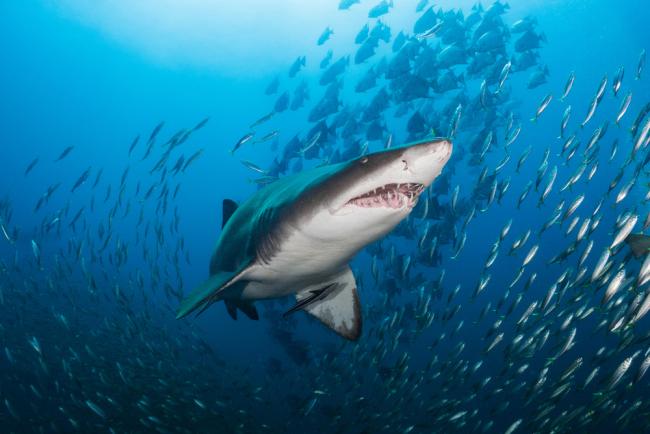
2. Sharks are apex predators
Many have several rows of teeth and can lose and replace thousands of teeth in their lifetimes. As predators, sharks play a vital role in the health of marine ecosystems - by eating fish they help create balance in the food chain.
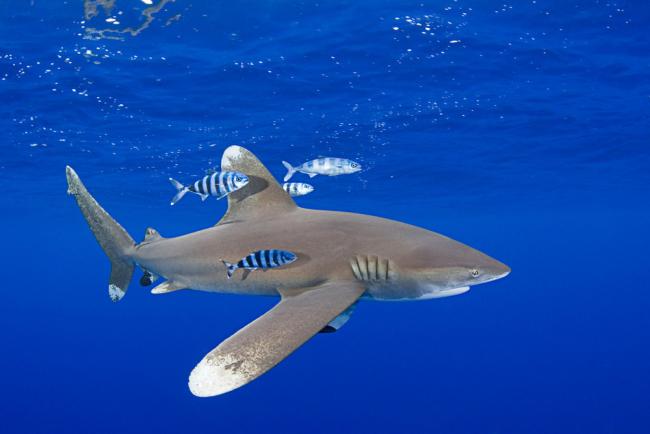
3. They can vary dramatically in size
From the smallest dwarf lantern shark (which is about the size of a human hand), to the largest which can be up to 12 metres long - the whale shark.
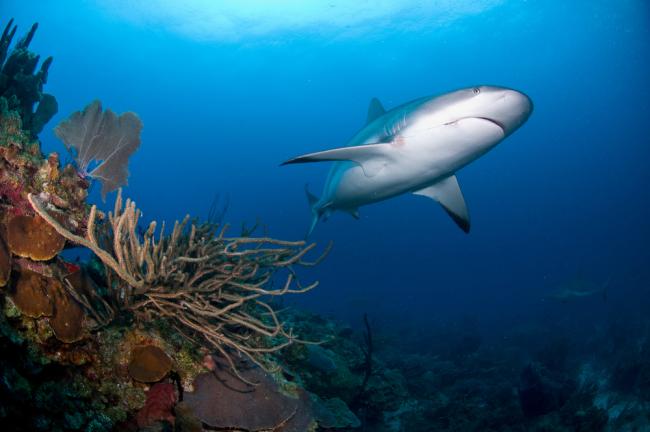
4. Sharks live in most ocean habitats
They can be found in beautiful, tropical coral reefs, to the deep sea, and even under the Arctic sea ice.
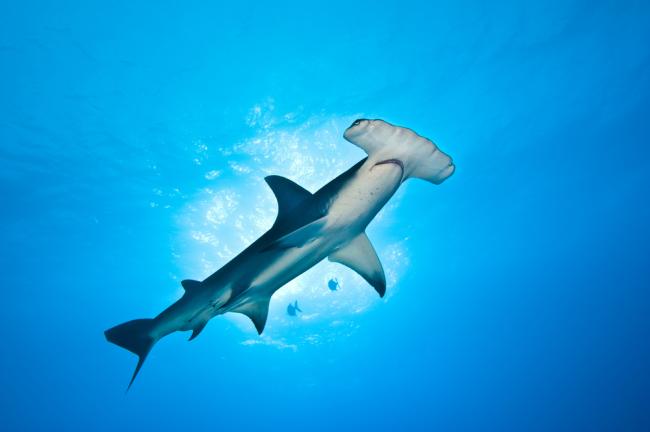
5. They can be weird and wonderful
Goblin sharks can be a bright pink colour, and hammerhead sharks have hammer-shaped heads (duh!), which they’ve been known to use to pin stingrays against the sea floor!
There’s even a cookie cutter shark, which are named for the round ‘cookie’ bite marks they leave.
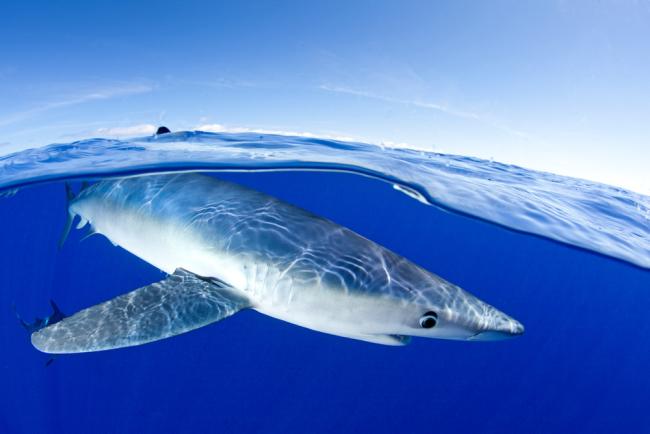
6. Most sharks are cold-blooded
For most sharks, their body temperature is cold, like the temperature of the water they swim in.
But unlike most sharks, great white sharks are partially warm-blooded, allowing them to move faster when hunting prey.
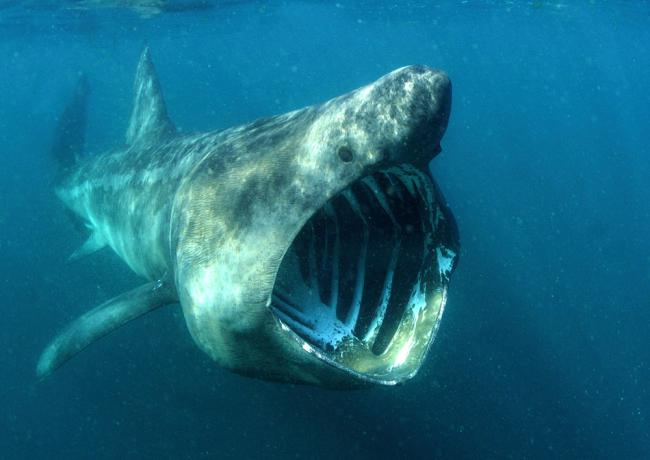
7. We get sharks around the UK
From basking sharks to blue sharks and even Greenland sharks.
The basking shark is Britain’s largest fish (and the second largest in the world). It can grow up to 11 metres long and weigh up to 7 tonnes - about the size and weight of a double-decker bus.
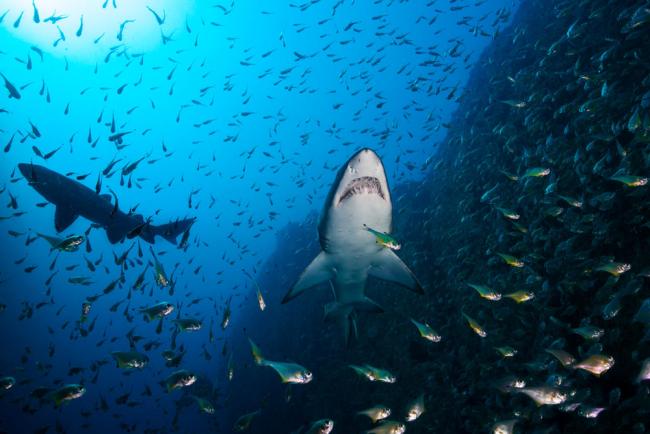
8. Sharks have a sixth sense
All sharks have a 'sixth sense' that helps them hone in on prey during the final phase of attack: the ‘amupllae of lorenzini’ are found on sharks' snouts and can sense the electric fields emitted by animals in the surrounding water.
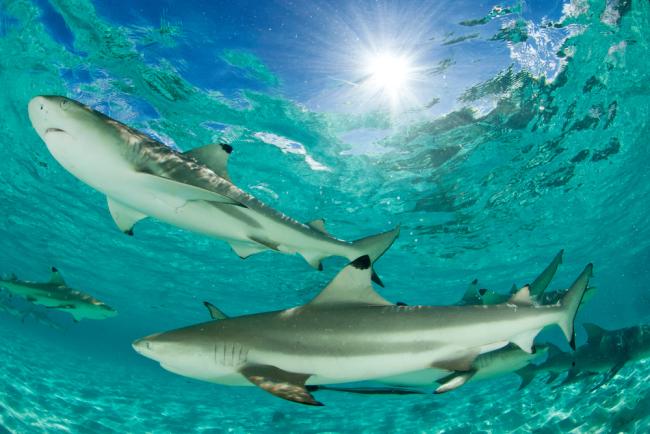
9. They've been around for a long time
Sharks have been around for over 400 million years - long before dinosaurs. Because their skeletons are made of cartilage (like our noses) instead of bones, they don’t leave fossils like other animals – but fossilised shark teeth have been found.
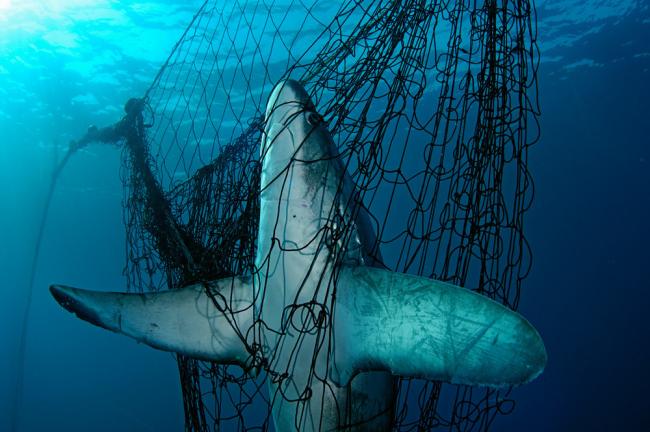
10. They're under threat
Many sharks are accidentally caught in fishing gear, as well as caught deliberately for their fins, which are a delicacy in Asia.
Their ocean home is also in danger. From climate change warming the water - affecting both habitats, prey and shark population shifts - to plastic pollution, which could cause entanglement or be ingested, especially by filter feeders.
WWF's work
WWF is working around the world to better protect and manage our oceans – including vital shark habitats. For example, 50% of the world's coral reefs have been lost and the rest could disappear completely by 2050 if climate change remains unchecked.
We’re also working to reduce bycatch, and working with TRAFFIC to stop the illegal trade in shark products.
We can all play our part to reduce our plastic use, increase recycling and clean up our plastic pollution. And we can all work together to fight devastating climate change, which is affecting both people and wildlife.
Watch our YouTube video about Sharks

Go Wild - WWF'S club for kids
There’s loads to discover, from fun facts, puzzles and quizzes to cool crafts and crazy critter clips.
We also recommend:
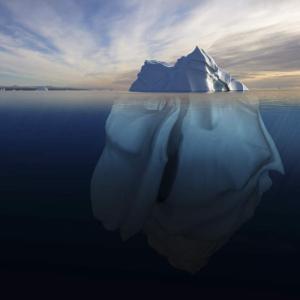 Join the fight for your world
Join the fight for your world
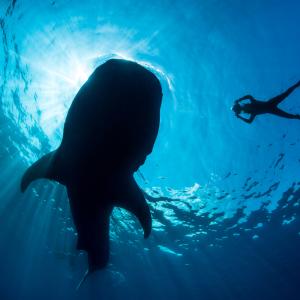 5 interesting facts about whale sharks
5 interesting facts about whale sharks
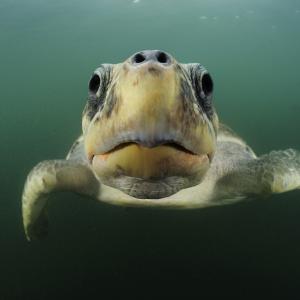 Top 10 facts about marine turtles
Top 10 facts about marine turtles
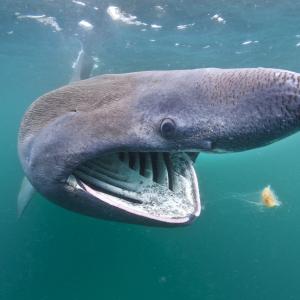 Robot cameras reveal 360-degree view of basking sharks
Robot cameras reveal 360-degree view of basking sharks